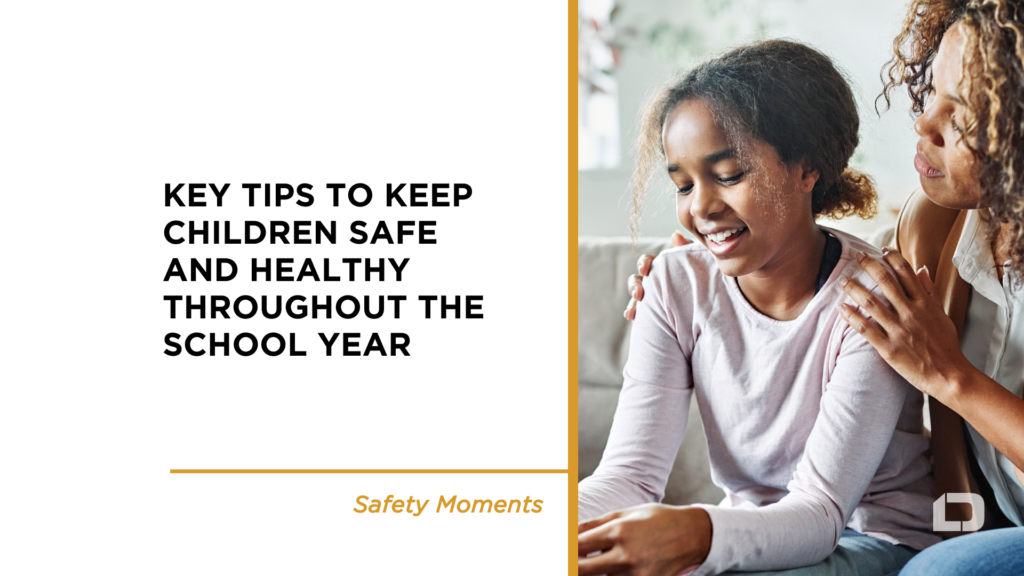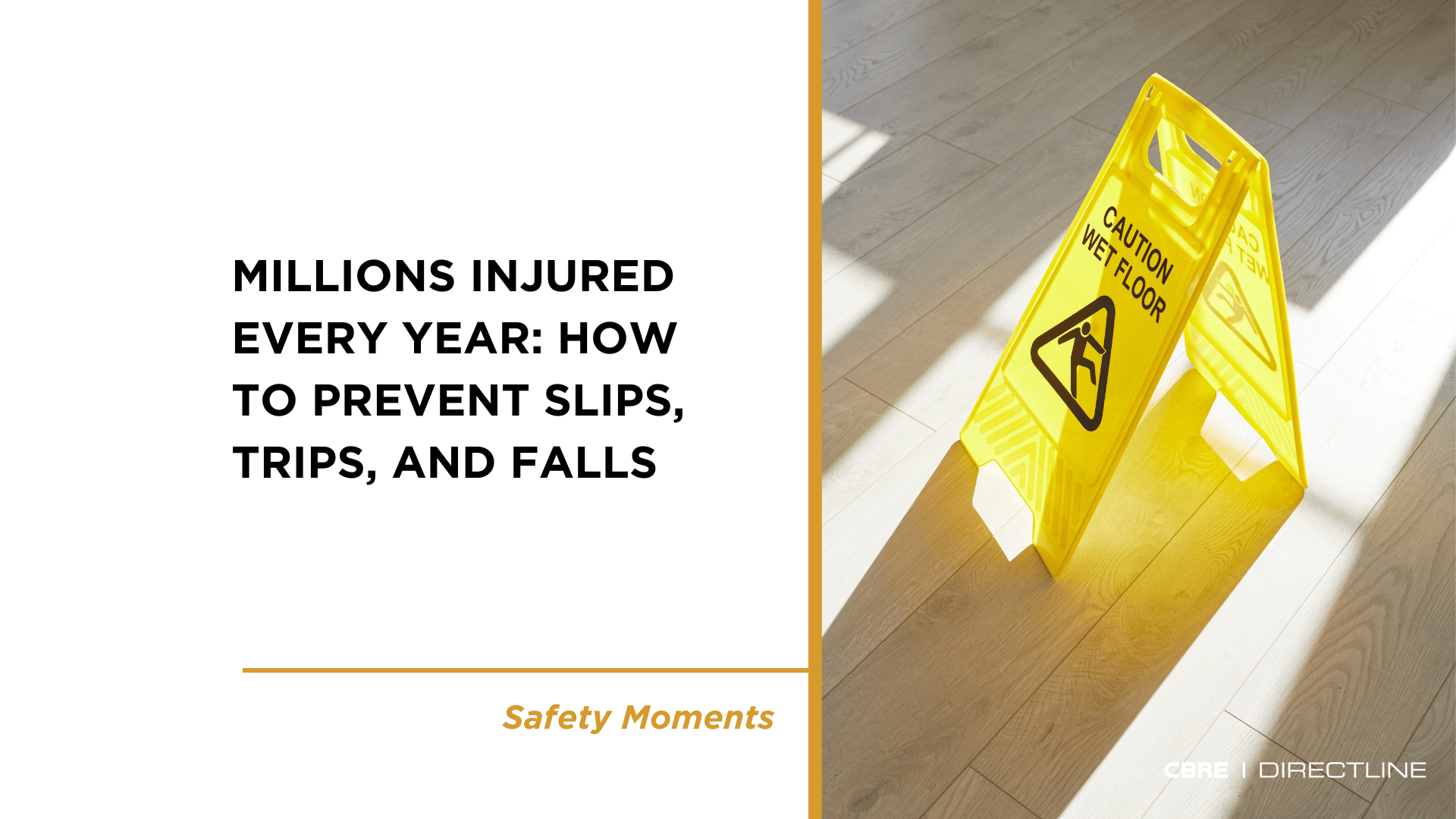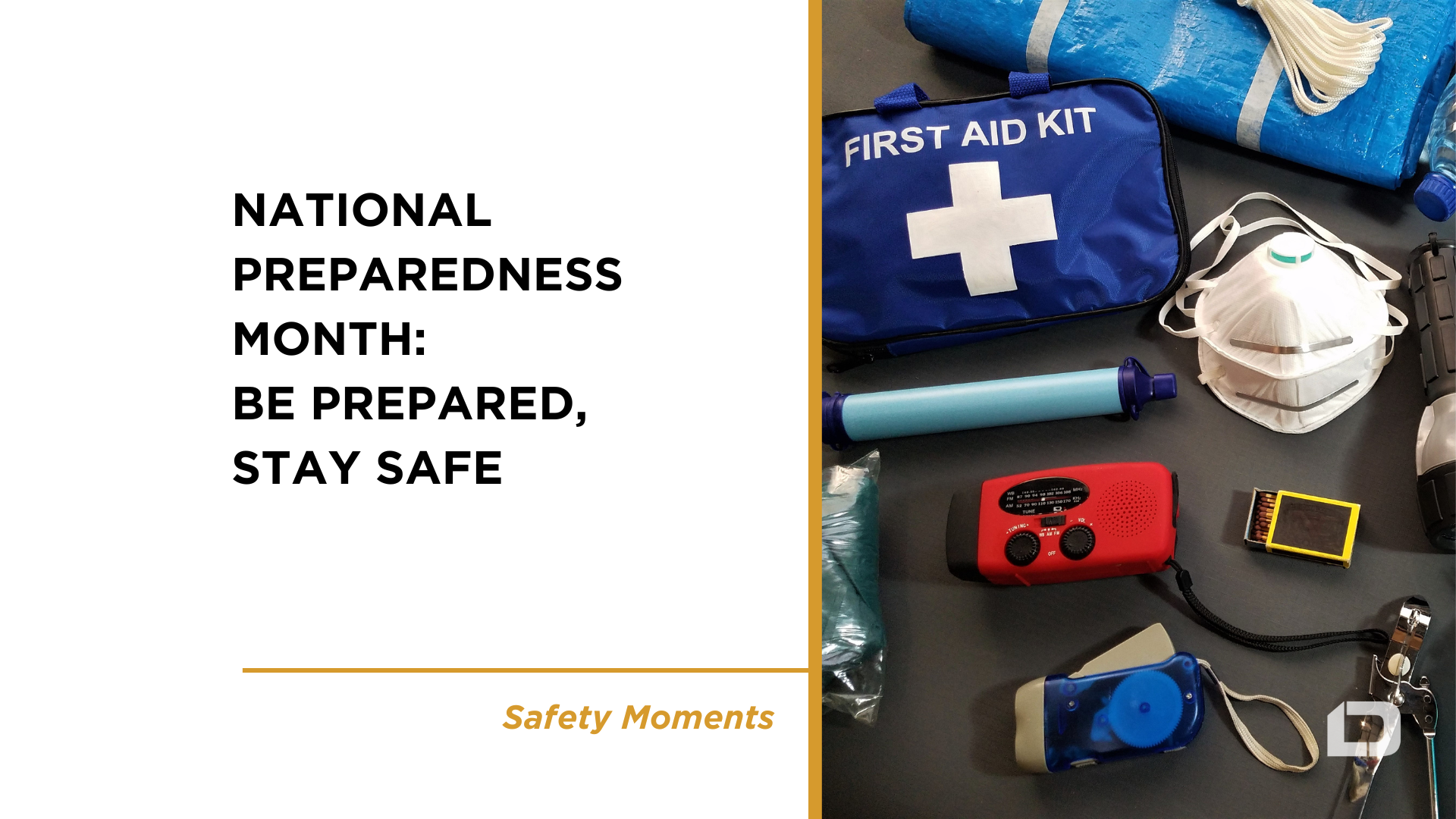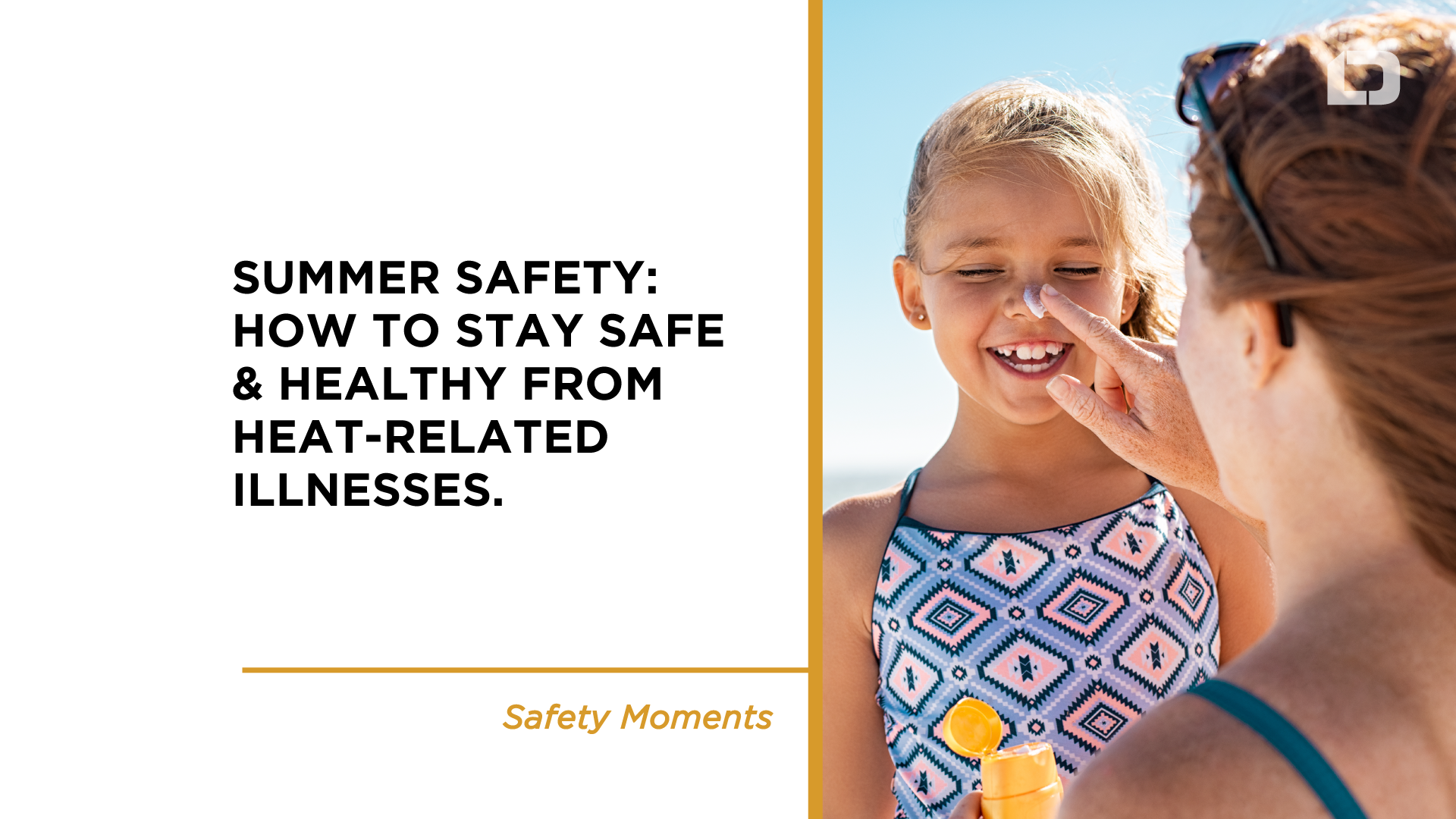Transportation Safety
Whether children walk, ride their bicycles, or take the bus to school, it is extremely important that they take proper safety precautions.
Here are some tips to make sure your child safely travels to school:
Walkers
- Review your family’s walking safety rules and practice walking to school with your child.
- Walk on the sidewalk, if one is available; when on the street with no sidewalk, walk facing the traffic.
- Before you cross the street, stop and look left, right, and left again to see if cars are coming.
- Make eye contact with drivers before crossing, and always cross streets at crosswalks or intersections.
- Stay alert and avoid distracted walking.
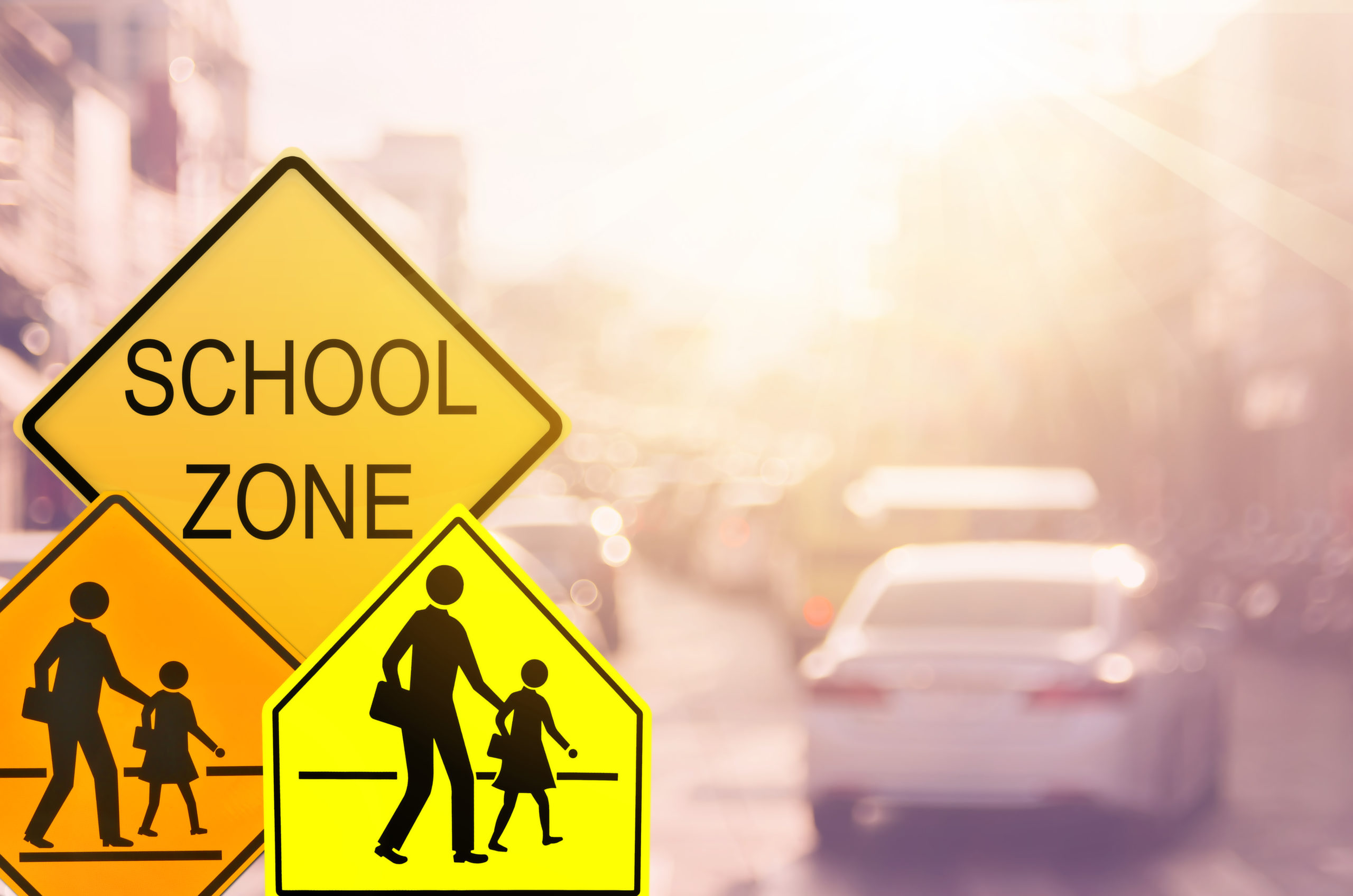
Bike Riders
- Teach your child the rules of the road and practice riding the bike route to school with your child.
- Ride on the right side of the road, with traffic, and in a single file.
- Come to a complete stop before crossing the street; walk bikes across the street.
Stay alert and avoid distracted riding. - Make sure your child always wears a properly fitted helmet and bright clothing.
Bus Riders
- Teach your children school bus safety rules and practice with them.
- Go to the bus stop with your child to teach them the proper way to get on and off the bus.
- Teach your children to stand 6 feet (or three giant steps) away from the curb.
- If your child must cross the street in front of the bus, teach him or her to walk on the side of the road until they are 10 feet ahead of the bus; your child and the bus driver should always be able to see each other.
Driving Your Child to School
- Stay alert and avoid distracted driving.
- Obey school zone speed limits and follow your school’s drop-off procedure.
- Make eye contact with children who are crossing the street.
- Never pass a bus loading or unloading children.
- The area 10 feet around a school bus is the most dangerous for children; stop far enough back to allow them to safely enter and exit the bus.
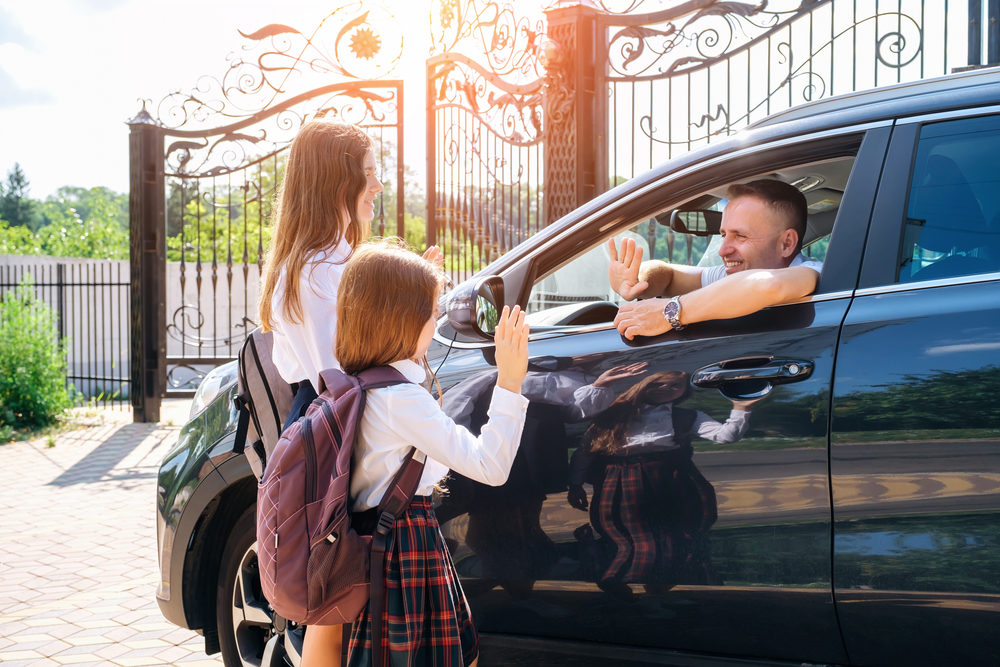
Teen Drivers
Car crashes are the No. 1 cause of death for teens. Fortunately, there is something we can do. Teens crash because they are inexperienced; they practice with new drivers every week, before and after they get their licenses.
Set a good example; drive the way you want your teen to drive. Sign the New Driver Deal, an agreement that helps define expectations for parents and teens.
School Safety
Many School-related injuries are completely preventable. Follow these steps to ensure your child’s safety at school.
Backpacks
Choose a backpack for your child carefully; it should have ergonomically designed features to enhance safety and comfort. Ask your children to use both straps when wearing their backpacks to distribute the weight on their shoulders evenly. Don’t overstuff a backpack; it should weigh no more than 5% to 10% of your child’s body weight. Rolling backpacks should be used cautiously since they can create a trip hazard in crowded school hallways.
Playgrounds and Sports
To reduce strangulation hazards on playgrounds, have your child leave necklaces and jackets with drawstrings at home. A few bumps and bruises can be expected when your child plays sports, but head injuries should never be ignored.
For more information, visit these links:
Centers for Disease Control and Prevention – Parent Involvement: https://www.cdc.gov/healthyschools/features/B2S.htm
National Safety Council Back to School Safety Checklist: https://nsc-org-storage.azureedge.net/cms/nsc.org/media/site-media/docs/community-safety/back-to-school-safety-checklist.pdf
American Safety Council: https://blog.americansafetycouncil.com/essential-tips-for-back-to-school-safety/
Centers for Disease Control and Prevention: https://www.cdc.gov/nccdphp/dnpao/division-information/media-tools/dpk/back-to-school/

